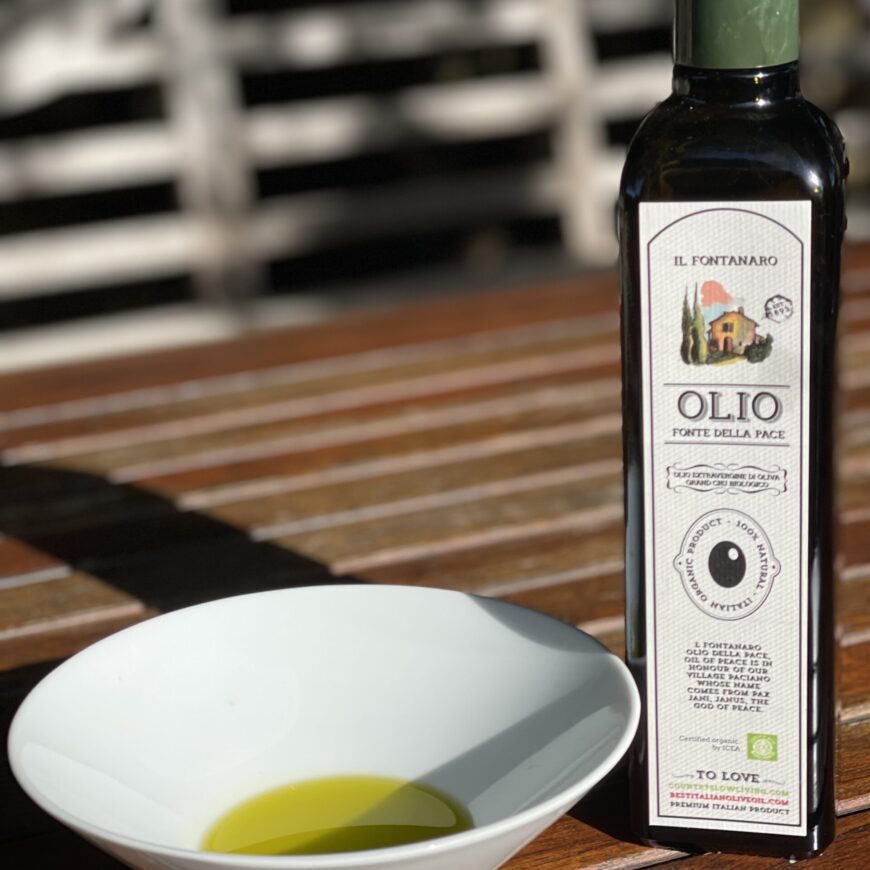Fraud and mislabeling cases of olive oil have reached a record high in the EU. Fifty suspected cases were reported in the first three months of this year, driven by rising costs and an increase in the parallel market. Italy is the country with the most fraud notifications.
The EU recorded a record number of potential frauds and mislabeling cases of olive oil in the first quarter of this year. Inflationary pressures have fueled the hidden market for this staple food, according to an in-depth report by The Guardian, based on official figures released by the European Union.
Trigger from Price Doubling:
“The cost of olive oil has more than doubled since 2018, due to extreme weather conditions caused by the climate crisis and other factors,” writes The Guardian. “With rising prices, the number of ‘cross-border notifications in the EU,’ which include mislabeling, potential fraud, and safety cases concerning contaminated oils, has also increased.” In the first quarter of 2018, the EU recorded only 15 such cases. This number rose to a record 50 cases in the first three months of this year, more than a threefold increase, according to data released to The Guardian under freedom of information laws. However, these cases are only those detected and reported by member states to the EU’s health directorate. The figure does not include local cases, and the true extent of the fraud is likely much higher.
According to Chris Elliott, professor of food safety at Queen’s University Belfast, climate-induced inflation often underlies the increase in fraud: “Whenever we see fluctuations in commodity prices, it’s always a clear sign of increased fraud in the following months, as it provides an opportunity for people to cheat. Olive oil is an example. There have also been massive increases in things like chocolate, where cocoa production is a big problem; due to climate change, there will be large increases in things like coffee. The more processed a food is, the more likely it is to be subject to fraud.”
Adulterated or Contaminated with Unauthorized Substances:
Incident reports included oils contaminated with unauthorized substances such as pesticides, mineral oils, and in one case, glass fragments. “Many cases were reported where extra virgin olive oil was judged to be adulterated, for instance, mixed with lower quality or cheaper oils, cases where virgin olive oil was labeled as extra virgin (a higher quality unrefined oil with lower acidity), and several cases of misleading or false origin labeling.”
Italy Leads in Fraud Notifications:
Out of the 182 fraud and non-compliance notifications related to olive oil sent to the EU since the beginning of 2023, 54 concerned products from Italy, 41 from Spain, and 39 from Greece. Italy’s Central Inspectorate for the Protection of Quality and Fraud Repression of Agro-food Products (ICQRF) completed a program last year that seized 380 tons of oil products worth over 2 million euros and reported 17 individuals to judicial or administrative authorities for serious violations related to false or missing labeling, or fraudulent marketing of non-extra virgin oils as “extra virgin.” In November, Italian authorities seized 550,000 kg of oils labeled as olive oil but actually consisting of a mixture of vegetable oils. The value of the seized goods was around 250,000 euros.
From il Salvagente




